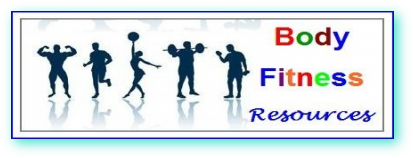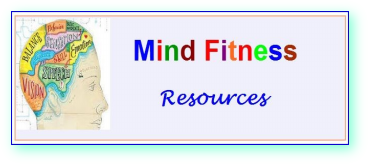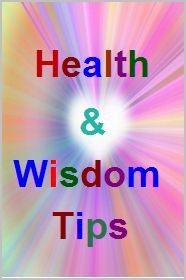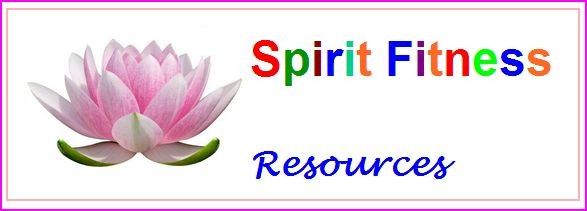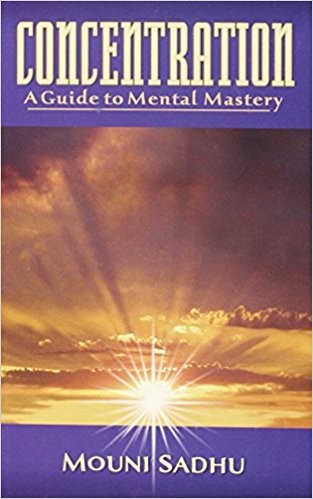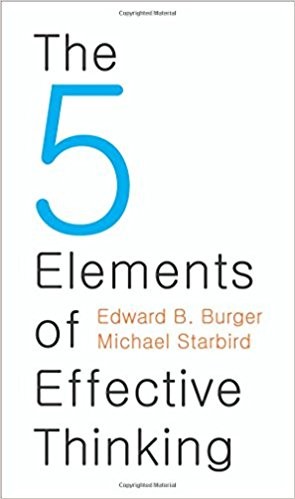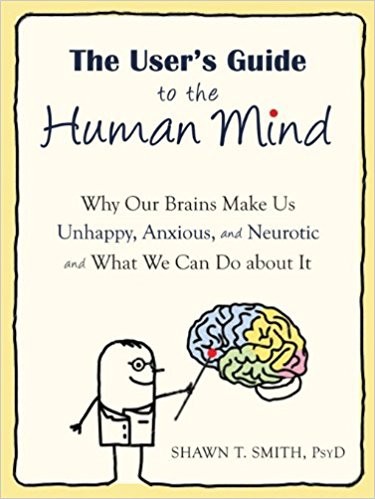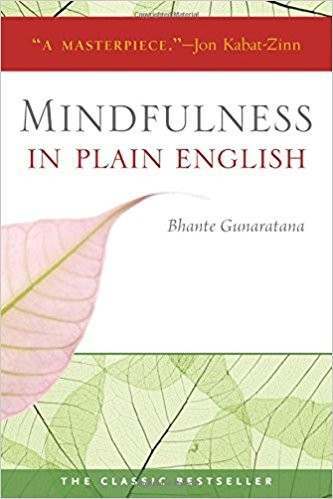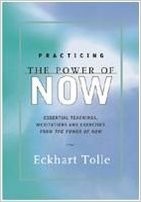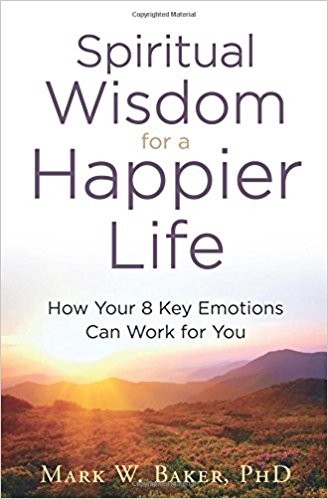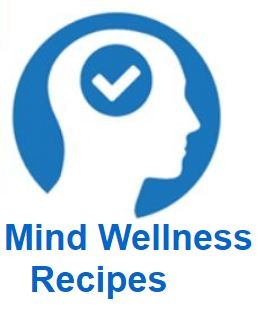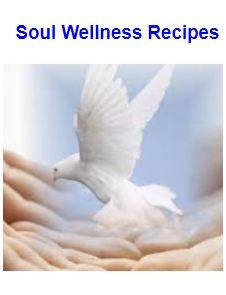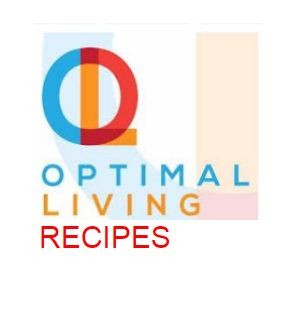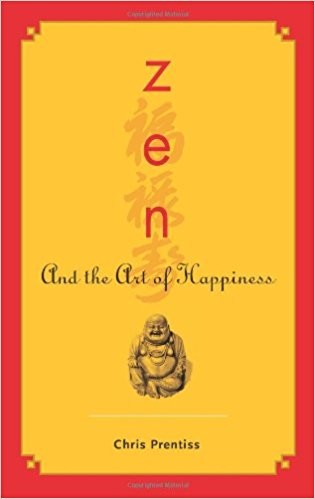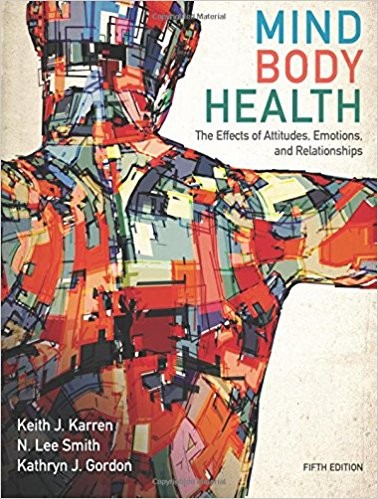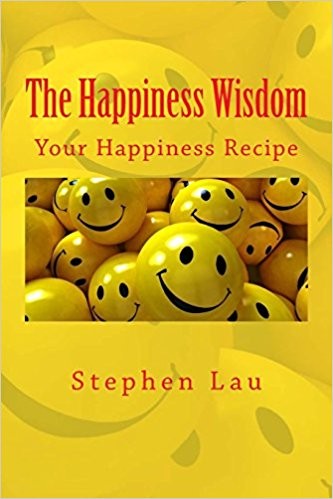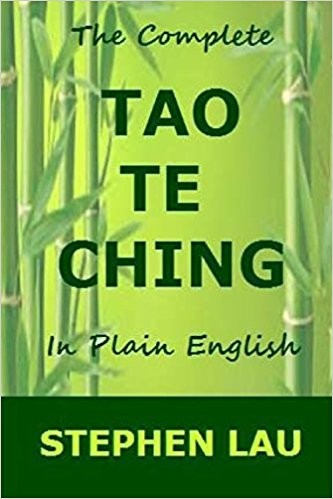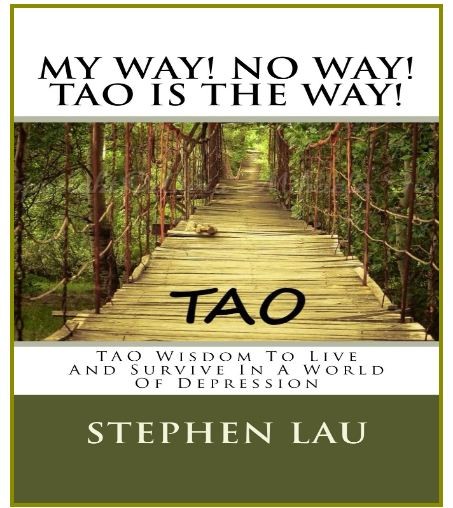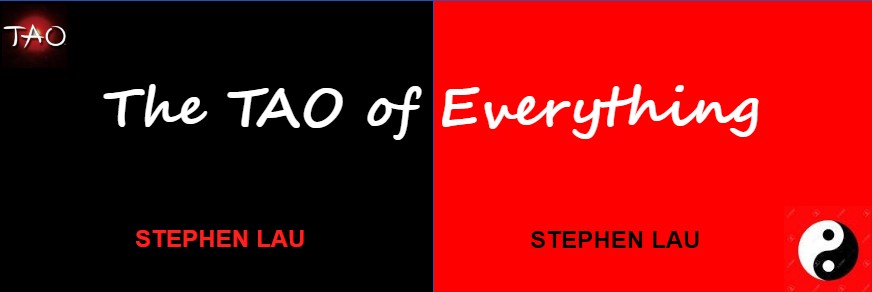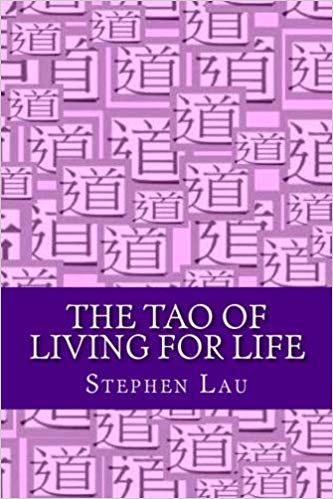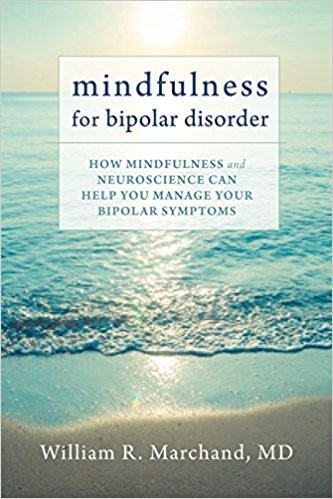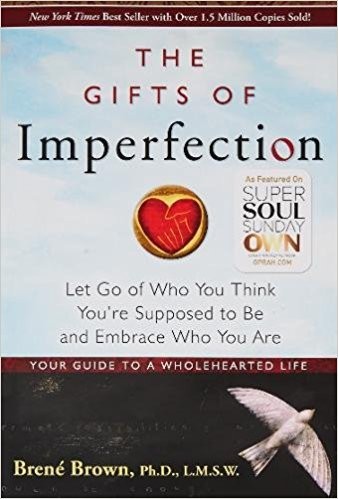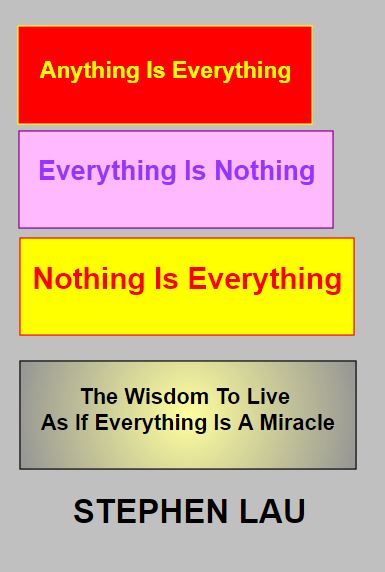
from part of a 9-foot painting by Stephen Lau



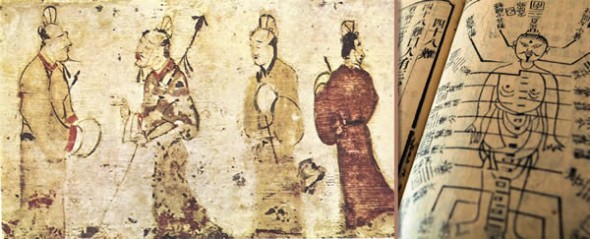


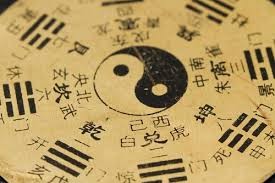






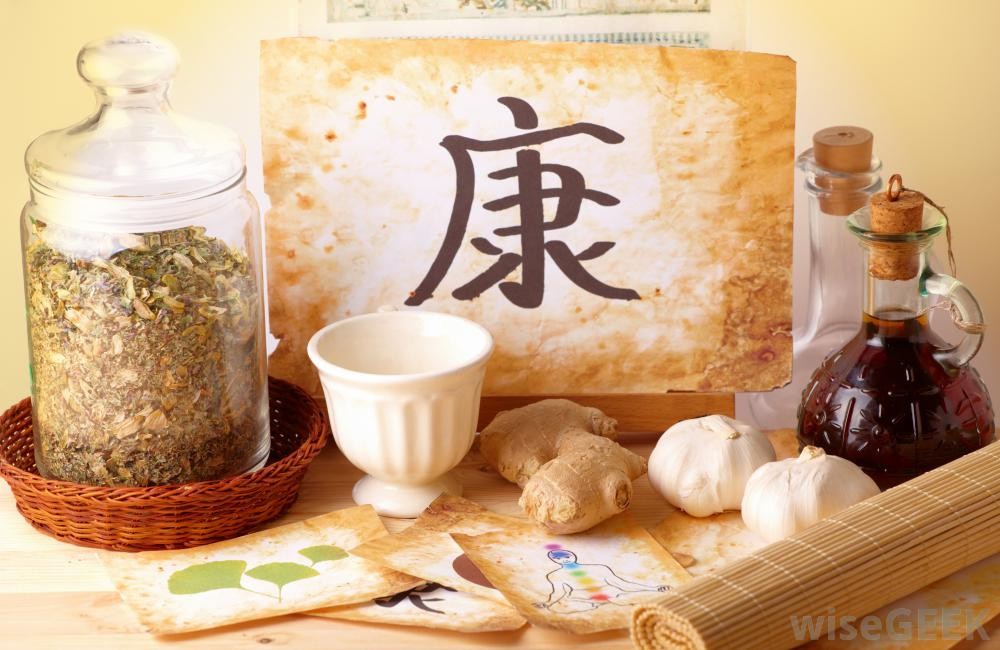

Stephen Lau's blogs:
Reflections of Stephen Lau
Tao Wisdom and
Biblical Wisdom
Wisdom from Books
Myasthenia Gravis Disorder
Increase Mind Power
Vision Healing
Reflections of Stephen Lau
Tao Wisdom and
Biblical Wisdom
Wisdom from Books
Myasthenia Gravis Disorder
Increase Mind Power
Vision Healing
THE WAY TO TAO
One of the essentials of true human wisdom is its focus on the now or the present moment. Focusing on the now enables you to have clarity of thinking -- one of the fundamentals of Tao wisdom.
Living in an age of speed, highlighted in different areas of our lives, such as technology, communication, and transportation, many of us may have accepted speed as part and parcel of our lives. For example, in our jobs, speed is often deemed as a tool as well as a testament to our survival and advancement in our careers. As a matter of fact, many of us have become so addicted to speed that we are more or less living in the future, rather than in the present. In addition, for those who are suffering from mental disorders, such as anxiety or depression, they are more or less living in the past, being obsessed with unhappy past experiences or preoccupied with worries about the future; unable to let go of the past or the future, they are thus unable to live fully in the present.
But the "now" is the gift from our Creator, and that is why it is called "present." Appreciate the gift of the present moment, which is essential to wisdom in living.
However, it is not easy to live in the present. It is because it requires much wisdom-the wisdom of Tao, or the wisdom of Lao Tzu that was expressed in his book Tao Te Ching, the immortal classic which has been extensively translated worldwide, only second to the Bible.
To truly understand and fully appreciate Tao wisdom, mindfulness is indispensable. What is mindfulness? Mindfulness is acute awareness of the present moment; specifically, what is happening in the now. In this day and age, there are too many distractions that prevent us from focusing on the present moment. For example, when we are eating, we are frequently distracted by many things around us, such as the cell phone, the radio, or the television, among others. Mindfulness means we should be focusing on what we are doing right now-that is, eating. Mindfulness requires deliberate practice. Focusing on our breaths is an excellent way to practice mindfulness. We can be mindful of our inhalation and exhalation, noticing how the air fills up our lungs as we breathe in and how our diaphragms deflate as we breathe out. Mindfulness of our breaths trains our minds to concentrate, and thus instrumental in making our minds stay in the present moment.
We are not living in the present if we focus too much on speed. Focusing on speed means we are constantly projecting our thoughts onto what is going to happen next. One of the reasons why many of us subconsciously crave speed in our lives is that hurry numbs our senses. To illustrate, when we slow down, we may easily succumb to fear and doubt about what we are going to do, so we conveniently and subconsciously choose addiction to speed to numb ourselves in order to avoid anything unpleasant: we just don't want to give ourselves the present moment to worry about the future.
But the present moment is the only reality in life: the past was gone, and the future is yet to come. The good news is that we can all receive the gift of the present moment to live our lives as if everything is a miracle. The wisdom in living is to live in the present moment.
Tao Wisdom in the Now
Learn to appreciate and receive the gift of the present moment is To do that, practice the following:
(1) Indulge yourself in silence. Silence is a way of slowing down and stopping yourself as well as your thoughts. For centuries, sages worldwide have used meditation, which is conscious stillness of the mind, for inspiration and enlightenment. Once the thinking mind remains at the present moment, it begins to slow down, and sees the reality of everything with greater clarity and deeper insight. Therefore, to slow down, embrace silence deliberately. Do not be afraid of silence. Many people are afraid of quietude or complete silence because they have become so used to sounds and noises, which symbolize motion and speed. Even if you do not meditate, spend some time everyday to sit in silence, without turning on the music or the television. Enjoy your silence to help you be mindful of the present moment.
(2) Concentration is another way to receive the gift of the present moment. Because of our addiction to speed, many of us do not pay full attention to what we are doing at the present moment, especially when we think what we are doing is irrelevant or unimportant. The classic example is talking on the cell phone while driving; the conscious mind is talking, while the subconscious mind is driving. Engaging your full attention on doing your daily chores is also good practice of focusing the mind on the present moment. Try to concentrate on what you are doing, instead of doing something else to distract yourself from the mundane task. Say, when you doing your dishes, focus your full attention on the foam and the running water, instead of listening to the radio or watching the television; you will be surprised that your mind becomes very relaxed because it stays in the present moment.
(3) Good listening also facilitates your receipt of the gift of the present moment. Again, very often many of us are hearing, without listening, because our minds are somewhere else. Learn to listen to relay, listen to communicate, and learn to listen to the sound of silence. Next time, when someone is speaking to you, try to focus your attention on the eyes, the lips of that person, thereby helping your mind stay in the present moment; in that way, you are listening, not just hearing; you are also learning to speak more deliberately and carefully.
Living in the present moment slows down your pace of life, and thus relieves yourself of time-stress, which is detrimental to physical and mental health. Once you have overcome your addiction to speed, you will have a new perspective of how you should live your life, and that is the beginning of wisdom in living.
The wisdom of Tao begins with the power of intent in your mind to know and to learn more about your true “self.” Human wisdom begins with knowing the self: understand how and why it reacts with everyone and everything around. According to Lao Tzu, the absence of the ego-self is the turning point, where you may begin to embark on a different life journey with a different mission. Your “pre-conditioned” mind thus begins the journey of “reverse thinking” which will ultimately transform your life, making you become a better and happier individual.
All in all, living in the now gives you clarity of mind, which is awareness or mindfulness, and that holds the key to understanding the ultimate truths of self, of others, and of things -- which is the essence of human wisdom.
Stephen Lau
Copyright© by Stephen Lau
One of the essentials of true human wisdom is its focus on the now or the present moment. Focusing on the now enables you to have clarity of thinking -- one of the fundamentals of Tao wisdom.
Living in an age of speed, highlighted in different areas of our lives, such as technology, communication, and transportation, many of us may have accepted speed as part and parcel of our lives. For example, in our jobs, speed is often deemed as a tool as well as a testament to our survival and advancement in our careers. As a matter of fact, many of us have become so addicted to speed that we are more or less living in the future, rather than in the present. In addition, for those who are suffering from mental disorders, such as anxiety or depression, they are more or less living in the past, being obsessed with unhappy past experiences or preoccupied with worries about the future; unable to let go of the past or the future, they are thus unable to live fully in the present.
But the "now" is the gift from our Creator, and that is why it is called "present." Appreciate the gift of the present moment, which is essential to wisdom in living.
However, it is not easy to live in the present. It is because it requires much wisdom-the wisdom of Tao, or the wisdom of Lao Tzu that was expressed in his book Tao Te Ching, the immortal classic which has been extensively translated worldwide, only second to the Bible.
To truly understand and fully appreciate Tao wisdom, mindfulness is indispensable. What is mindfulness? Mindfulness is acute awareness of the present moment; specifically, what is happening in the now. In this day and age, there are too many distractions that prevent us from focusing on the present moment. For example, when we are eating, we are frequently distracted by many things around us, such as the cell phone, the radio, or the television, among others. Mindfulness means we should be focusing on what we are doing right now-that is, eating. Mindfulness requires deliberate practice. Focusing on our breaths is an excellent way to practice mindfulness. We can be mindful of our inhalation and exhalation, noticing how the air fills up our lungs as we breathe in and how our diaphragms deflate as we breathe out. Mindfulness of our breaths trains our minds to concentrate, and thus instrumental in making our minds stay in the present moment.
We are not living in the present if we focus too much on speed. Focusing on speed means we are constantly projecting our thoughts onto what is going to happen next. One of the reasons why many of us subconsciously crave speed in our lives is that hurry numbs our senses. To illustrate, when we slow down, we may easily succumb to fear and doubt about what we are going to do, so we conveniently and subconsciously choose addiction to speed to numb ourselves in order to avoid anything unpleasant: we just don't want to give ourselves the present moment to worry about the future.
But the present moment is the only reality in life: the past was gone, and the future is yet to come. The good news is that we can all receive the gift of the present moment to live our lives as if everything is a miracle. The wisdom in living is to live in the present moment.
Tao Wisdom in the Now
Learn to appreciate and receive the gift of the present moment is To do that, practice the following:
(1) Indulge yourself in silence. Silence is a way of slowing down and stopping yourself as well as your thoughts. For centuries, sages worldwide have used meditation, which is conscious stillness of the mind, for inspiration and enlightenment. Once the thinking mind remains at the present moment, it begins to slow down, and sees the reality of everything with greater clarity and deeper insight. Therefore, to slow down, embrace silence deliberately. Do not be afraid of silence. Many people are afraid of quietude or complete silence because they have become so used to sounds and noises, which symbolize motion and speed. Even if you do not meditate, spend some time everyday to sit in silence, without turning on the music or the television. Enjoy your silence to help you be mindful of the present moment.
(2) Concentration is another way to receive the gift of the present moment. Because of our addiction to speed, many of us do not pay full attention to what we are doing at the present moment, especially when we think what we are doing is irrelevant or unimportant. The classic example is talking on the cell phone while driving; the conscious mind is talking, while the subconscious mind is driving. Engaging your full attention on doing your daily chores is also good practice of focusing the mind on the present moment. Try to concentrate on what you are doing, instead of doing something else to distract yourself from the mundane task. Say, when you doing your dishes, focus your full attention on the foam and the running water, instead of listening to the radio or watching the television; you will be surprised that your mind becomes very relaxed because it stays in the present moment.
(3) Good listening also facilitates your receipt of the gift of the present moment. Again, very often many of us are hearing, without listening, because our minds are somewhere else. Learn to listen to relay, listen to communicate, and learn to listen to the sound of silence. Next time, when someone is speaking to you, try to focus your attention on the eyes, the lips of that person, thereby helping your mind stay in the present moment; in that way, you are listening, not just hearing; you are also learning to speak more deliberately and carefully.
Living in the present moment slows down your pace of life, and thus relieves yourself of time-stress, which is detrimental to physical and mental health. Once you have overcome your addiction to speed, you will have a new perspective of how you should live your life, and that is the beginning of wisdom in living.
The wisdom of Tao begins with the power of intent in your mind to know and to learn more about your true “self.” Human wisdom begins with knowing the self: understand how and why it reacts with everyone and everything around. According to Lao Tzu, the absence of the ego-self is the turning point, where you may begin to embark on a different life journey with a different mission. Your “pre-conditioned” mind thus begins the journey of “reverse thinking” which will ultimately transform your life, making you become a better and happier individual.
All in all, living in the now gives you clarity of mind, which is awareness or mindfulness, and that holds the key to understanding the ultimate truths of self, of others, and of things -- which is the essence of human wisdom.
Stephen Lau
Copyright© by Stephen Lau
THE WAY TO BIBLICAL WISDOM
Lao Tzu was an ancient sage from China more than 2,600 years ago.
According to the legend, he was born with all white hair-a sign of experience and wisdom. Unlike his contemporary philosopher, Confucius, who had many publications, as well as many disciples and followers, Lao Tzu’s only publication was Tao Te Ching,written in only 5,000 words. According to the legend, Lao Tzu was detained at the city gate and was told that he could not leave China for Tibet until he had put down his words of wisdom. Reluctantly, he put down his wisdom in 81 short chapters of exactly 5,000 words without any punctuation mark (all the punctuation marks in the text were subsequently added by scholars over the centuries).
Tao Te Ching has become one of the most translated works in world literature, probably ranking with the Bible as one the top ten in popularity.
The explanation is that the content is not only controversial but also intriguing. The interpretation of Tao Te Ching are as many as its translations. Each author is looking at Lao Tzu's immortal classic from his or her own perspective, and this also one of the many reasons why Tao Te Ching is eye-opening and thought-provoking.
The Bible and Tao Te Ching are among the most translated and extensively read books of all time and for a good reason: one is about God's wisdom, and the other is about human wisdom.
The Way to Biblical Wisdom
The author's own translation of Tao Te Ching is based on his belief that Lao Tzu's masterpiece is about the Creator of the universe, and that with true human wisdom man sees not only the manifestations but also the mysteries of His creation.
The book is about true human wisdom without the "conditioned" thinking of contemporary wisdom. Without the "reverse" mindset of Lao Tzu, man may have difficulties in understanding the wisdom of God expressed in the Bible.
The book is divided into four parts.
Part One is about the author’s reasons for writing the book, and also why Tao Te Ching is a "must read" for anyone who seeks real human wisdom.
Part Two is the author’s own translation of the 81 chapters of Tao Te Ching with respect to the Bible; each chapter is followed by some selected Bible verses for further reflection on what Lao Tzu has said.
Part Three is about the essentials of Tao wisdom with detailed explanation in plain language and with everyday life examples to help the reader understand the profound wisdom of Lao Tzu.
Part Four is an explanation of how Tao wisdom may help the reader understand God's wisdom in the Bible. Tao is the Way to Biblical wisdom.
Stephen Lau
Copyright© by Stephen Lau
Lao Tzu was an ancient sage from China more than 2,600 years ago.
According to the legend, he was born with all white hair-a sign of experience and wisdom. Unlike his contemporary philosopher, Confucius, who had many publications, as well as many disciples and followers, Lao Tzu’s only publication was Tao Te Ching,written in only 5,000 words. According to the legend, Lao Tzu was detained at the city gate and was told that he could not leave China for Tibet until he had put down his words of wisdom. Reluctantly, he put down his wisdom in 81 short chapters of exactly 5,000 words without any punctuation mark (all the punctuation marks in the text were subsequently added by scholars over the centuries).
Tao Te Ching has become one of the most translated works in world literature, probably ranking with the Bible as one the top ten in popularity.
The explanation is that the content is not only controversial but also intriguing. The interpretation of Tao Te Ching are as many as its translations. Each author is looking at Lao Tzu's immortal classic from his or her own perspective, and this also one of the many reasons why Tao Te Ching is eye-opening and thought-provoking.
The Bible and Tao Te Ching are among the most translated and extensively read books of all time and for a good reason: one is about God's wisdom, and the other is about human wisdom.
The Way to Biblical Wisdom
The author's own translation of Tao Te Ching is based on his belief that Lao Tzu's masterpiece is about the Creator of the universe, and that with true human wisdom man sees not only the manifestations but also the mysteries of His creation.
The book is about true human wisdom without the "conditioned" thinking of contemporary wisdom. Without the "reverse" mindset of Lao Tzu, man may have difficulties in understanding the wisdom of God expressed in the Bible.
The book is divided into four parts.
Part One is about the author’s reasons for writing the book, and also why Tao Te Ching is a "must read" for anyone who seeks real human wisdom.
Part Two is the author’s own translation of the 81 chapters of Tao Te Ching with respect to the Bible; each chapter is followed by some selected Bible verses for further reflection on what Lao Tzu has said.
Part Three is about the essentials of Tao wisdom with detailed explanation in plain language and with everyday life examples to help the reader understand the profound wisdom of Lao Tzu.
Part Four is an explanation of how Tao wisdom may help the reader understand God's wisdom in the Bible. Tao is the Way to Biblical wisdom.
Stephen Lau
Copyright© by Stephen Lau
Visit
Stephen Lau's
websites:
About Stephen Lau
Better English for You
Daily Tao Wisdom
Health and Wisdom Tips
Wisdom from Books
Wisdom in Living
Stephen Lau's
websites:
About Stephen Lau
Better English for You
Daily Tao Wisdom
Health and Wisdom Tips
Wisdom from Books
Wisdom in Living

For more detailed information, go to the following:
ANYTHING IS EVERYTHING
EVERYTHING IS NOTHING
NOTHING IS EVERYTHING
ANYTHING IS EVERYTHING
EVERYTHING IS NOTHING
NOTHING IS EVERYTHING
AN EMPTY MINDSET
There was the story of a professor visiting a Zen master to find out more about Zen, which is an Eastern philosophy. In the beginning of the visit, the professor kept on talking while the Zen master served him tea. At some point, the Zen master kept pouring tea into the teacup held by the professor even though it was brimming over.
The moral of the story is that one must have an empty mind before one can accept new and unconventional ideas. Likewise, to intuit true human wisdom or Tao wisdom, one must have an empty mind capable of reverse thinking.
An empty mindset frees us from the many shackles of life that may enslave us and keep us in bondage without our knowing it.
Are you the master or just a slave of your own life?
Often times, we think we are masters of our lives, but in fact we are no more than just slaves. You are the master only when you have complete control over your own life, especially how you think.
How do you gain control over your life in terms of your career, human relationships, time management, and daily stress, among others? It is not easy because most of us have a pre-conditioned mindset that we must do this and do that in order to succeed in our endeavors in life. To illustrate, in our subconscious minds, we want to do well, and, to do well, we must set goals; to reach our goals, we must exert efforts; after accomplishing one goal, we need to set another higher goal, and yet another one higher than the previous ones. In the end, our lives may get more complicated and even out of control; as a result, we are no longer masters but only slaves to what we have accomplished or want to accomplish for ourselves.
“Those with an empty mind
will learn to find the Way.
The Way reveals the secrets of the universe:
the mysteries of the realm of creation;
the manifestations of all things created.
The essence of the Way is to show us
how to live in fullness and return to our origin."
(Lao Tzu, Tao Te Ching, chapter 65)
Remember: Tao wisdom focuses on freeing oneself from any pre-conditioned mindset so as to have clarity of thinking.
Stephen Lau
Copyright© by Stephen Lau
There was the story of a professor visiting a Zen master to find out more about Zen, which is an Eastern philosophy. In the beginning of the visit, the professor kept on talking while the Zen master served him tea. At some point, the Zen master kept pouring tea into the teacup held by the professor even though it was brimming over.
The moral of the story is that one must have an empty mind before one can accept new and unconventional ideas. Likewise, to intuit true human wisdom or Tao wisdom, one must have an empty mind capable of reverse thinking.
An empty mindset frees us from the many shackles of life that may enslave us and keep us in bondage without our knowing it.
Are you the master or just a slave of your own life?
Often times, we think we are masters of our lives, but in fact we are no more than just slaves. You are the master only when you have complete control over your own life, especially how you think.
How do you gain control over your life in terms of your career, human relationships, time management, and daily stress, among others? It is not easy because most of us have a pre-conditioned mindset that we must do this and do that in order to succeed in our endeavors in life. To illustrate, in our subconscious minds, we want to do well, and, to do well, we must set goals; to reach our goals, we must exert efforts; after accomplishing one goal, we need to set another higher goal, and yet another one higher than the previous ones. In the end, our lives may get more complicated and even out of control; as a result, we are no longer masters but only slaves to what we have accomplished or want to accomplish for ourselves.
“Those with an empty mind
will learn to find the Way.
The Way reveals the secrets of the universe:
the mysteries of the realm of creation;
the manifestations of all things created.
The essence of the Way is to show us
how to live in fullness and return to our origin."
(Lao Tzu, Tao Te Ching, chapter 65)
Remember: Tao wisdom focuses on freeing oneself from any pre-conditioned mindset so as to have clarity of thinking.
Stephen Lau
Copyright© by Stephen Lau

A Small Step
“We need a still and composed mind
to see things with greater clarity.
Because trouble begins in the mind
with small and unrelated thoughts.
So, we carefully watch the mind
to stop any trouble before it begins.
Thus we put things in order
before they become out of order.
The great pine tree
springs from a tiny sprout.
The journey of a thousand miles
begins with the first step.
Accordingly, we do not rush into things.
We neither strain nor stress.
We let go of success and failure.
We patiently take the next necessary step,
a small step and one step at a time.
We relinquish our pre-conditioned thinking.
Being our true nature, we help all beings
return to their own true nature too.”
(Lao Tzu, Tao Te Ching, chapter 64)
Your mind is both your friend and your enemy.
It is your friend if you still your mind to see things as they really are; it is your enemy if you confuse your mind with memories of the past, and with their expectations projected into the future as assumptive predictions.
In life, live in the present. The past is gone, and the future is yet to come; only the present is real. There is no reason to rush to get things done; take a small step, and one step at a time. Remember, all things follow a natural cycle: what goes up must also come down, just like the four seasons. Do what you can with what you have, and with no expectation of any anticipated result in order not to stress yourself. Live a life of balance and harmony.
Stephen Lau
Copyright© by Stephen Lau
“We need a still and composed mind
to see things with greater clarity.
Because trouble begins in the mind
with small and unrelated thoughts.
So, we carefully watch the mind
to stop any trouble before it begins.
Thus we put things in order
before they become out of order.
The great pine tree
springs from a tiny sprout.
The journey of a thousand miles
begins with the first step.
Accordingly, we do not rush into things.
We neither strain nor stress.
We let go of success and failure.
We patiently take the next necessary step,
a small step and one step at a time.
We relinquish our pre-conditioned thinking.
Being our true nature, we help all beings
return to their own true nature too.”
(Lao Tzu, Tao Te Ching, chapter 64)
Your mind is both your friend and your enemy.
It is your friend if you still your mind to see things as they really are; it is your enemy if you confuse your mind with memories of the past, and with their expectations projected into the future as assumptive predictions.
In life, live in the present. The past is gone, and the future is yet to come; only the present is real. There is no reason to rush to get things done; take a small step, and one step at a time. Remember, all things follow a natural cycle: what goes up must also come down, just like the four seasons. Do what you can with what you have, and with no expectation of any anticipated result in order not to stress yourself. Live a life of balance and harmony.
Stephen Lau
Copyright© by Stephen Lau
